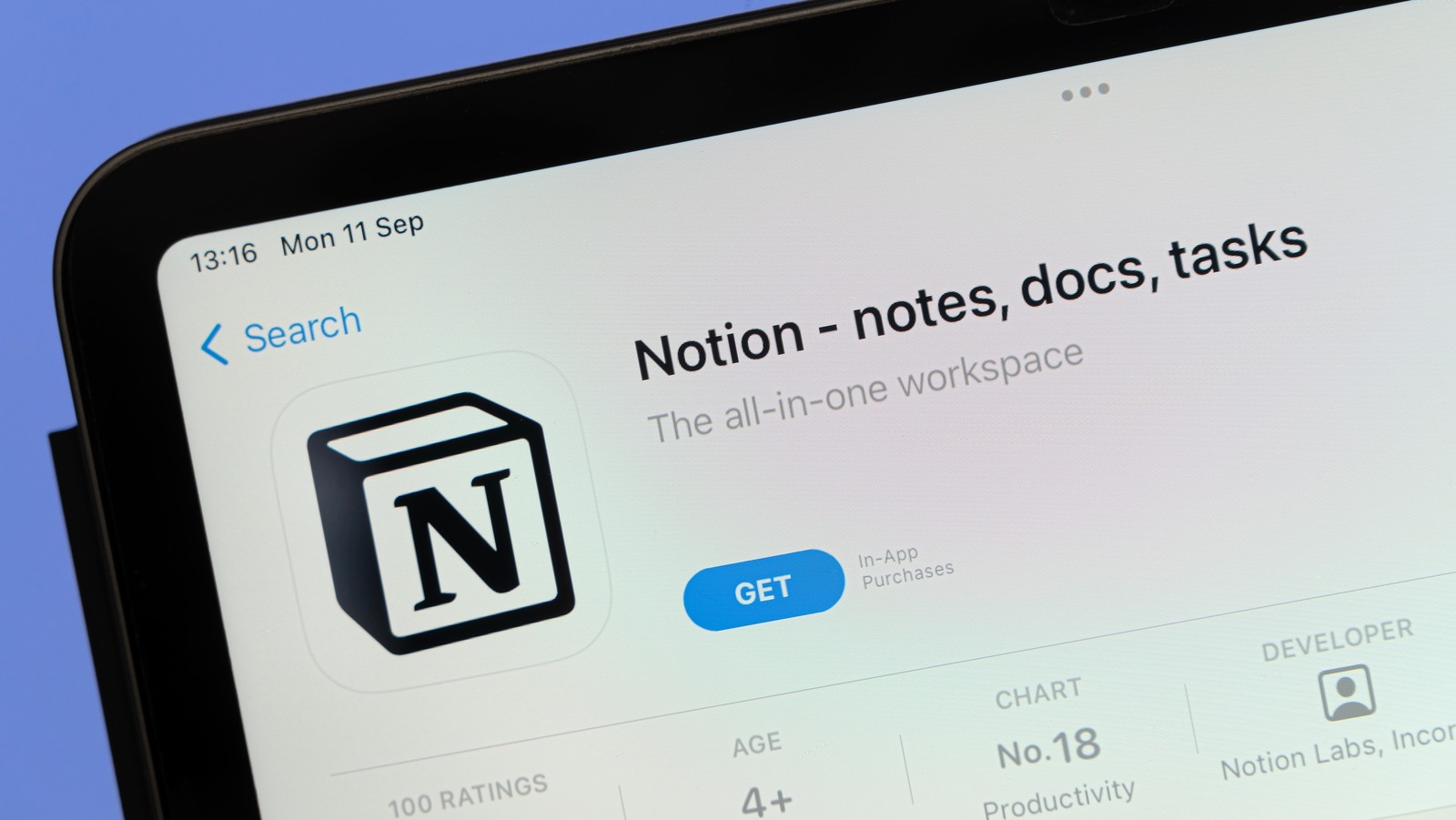In today’s fast-paced and interconnected world, effective organization and productivity are essential for success. Notion, a versatile note-taking and project management tool, has emerged as a powerful ally for individuals and teams seeking to streamline their workflows and achieve their goals. Notion’s extensive collection of templates provides a solid foundation for organizing tasks, managing projects, tracking information, and collaborating effectively.
Notion: A Hub for Organization and Productivit
Notion’s user-friendly interface and intuitive design make it an accessible tool for individuals with varying levels of technical expertise. The platform’s versatility extends beyond note-taking, encompassing project management, knowledge management, personal task management, and various other applications.
Notion Templates: A World of Possibilities
Notion’s extensive library of templates offers a wealth of pre-designed frameworks for specific tasks and workflows. These templates, created by Notion users and enthusiasts, provide a solid starting point for organizing information, managing projects, and streamlining processes.
1. Project Management Templates:
Notion’s project management templates provide a structured approach to planning, tracking, and executing projects. These templates include features such as task lists, deadlines, kanban boards, and progress trackers, enabling users to effectively manage project timelines, resources, and deliverables.
2. Knowledge Management Templates:
Notion’s knowledge management templates facilitate the creation and organization of centralized knowledge bases. These templates include features such as wikis, FAQs, documentation hubs, and resource libraries, empowering individuals and teams to capture, organize, and share valuable information.
3. Personal Task Management Templates:
Notion’s personal task management templates help individuals organize their daily tasks, goals, and schedules. These templates include features such as to-do lists, habit trackers, calendars, and reminders, enabling users to prioritize tasks, manage deadlines, and achieve their personal goals.
4. Custom Notion Templates:
Notion’s flexibility allows users to create their own custom templates tailored to their specific needs and preferences. This customization empowers individuals and teams to design personalized workflows and organizational structures that align with their unique requirements.
Benefits of Using Notion Templates
Leveraging Notion templates offers a multitude of benefits, including:
1. Enhanced Organization: Notion templates provide a structured framework for organizing information, tasks, and projects, reducing clutter and improving overall organization.
2. Streamlined Workflows: Templates streamline workflows by providing pre-defined structures and processes, saving time and effort in creating new systems from scratch.
3. Improved Productivity: Notion templates promote productivity by facilitating efficient task management, project tracking, and information organization.
4. Enhanced Collaboration: Notion templates facilitate collaboration by providing a shared platform for team members to access, contribute to, and manage project-related information.
5. Reduced Time Commitment: Templates save time and effort by eliminating the need to create new structures and layouts from scratch.
Case Studies: Notion Templates in Action
Notion templates have made a significant impact on individuals and teams across various industries and disciplines. Here are a few case studies that exemplify their effectiveness:
1. Streamlining a Marketing Team’s Workflow:
A marketing team faced challenges in managing their project timelines, client communication, and campaign assets. By adopting Notion’s marketing project management templates, the team was able to streamline their workflow, improve communication, and enhance project visibility.
2. Enhancing a Software Development Team’s Collaboration:
A software development team sought to improve collaboration and information sharing among its members. By utilizing Notion’s knowledge management templates, the team created a centralized repository for documentation, code snippets, and project-related information, facilitating better collaboration and knowledge sharing.
3. Organizing a Student’s Academic Workflow:
A university student struggled to manage their academic workload, assignments, and deadlines. By adopting Notion’s personal task management templates, the student was able to effectively organize their tasks, track progress, and improve their overall study habits.
Conclusion: Notion Templates: A Path to Success
Notion templates have emerged as an invaluable tool for individuals and teams seeking to enhance their organization, streamline workflows, and boost productivity. By providing pre-designed structures and frameworks, Notion templates empower users to effectively manage projects, organize information, and collaborate seamlessly. As Notion continues to evolve, its library of templates is expected to expand further, catering to an even wider range of needs and applications. With their versatility and effectiveness, Notion templates are poised to play an increasingly significant role in shaping the future of productivity and organization.



